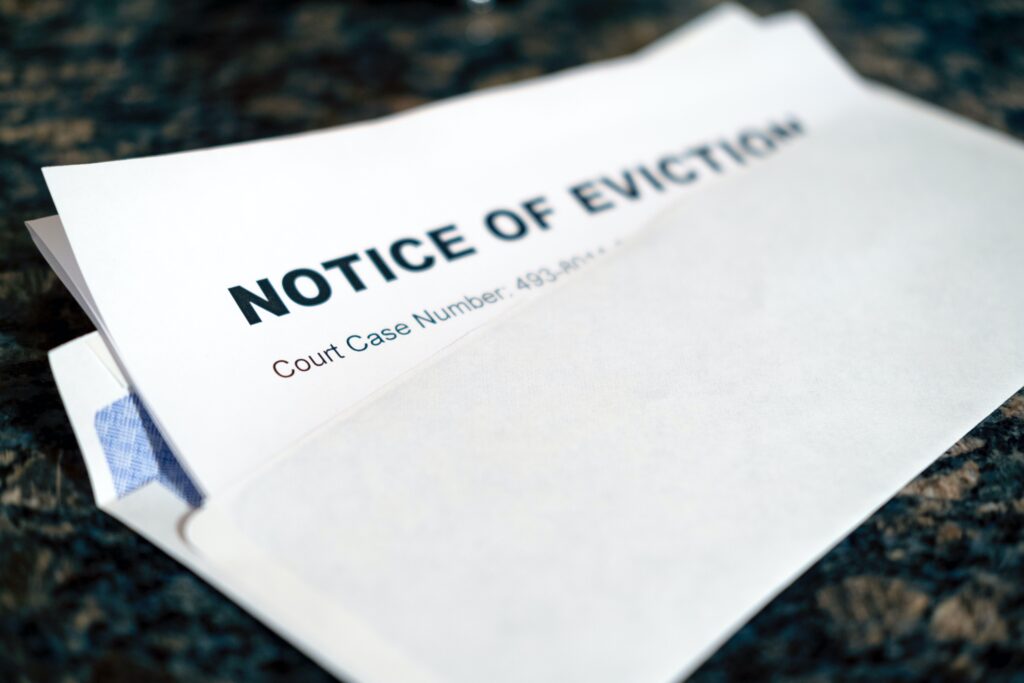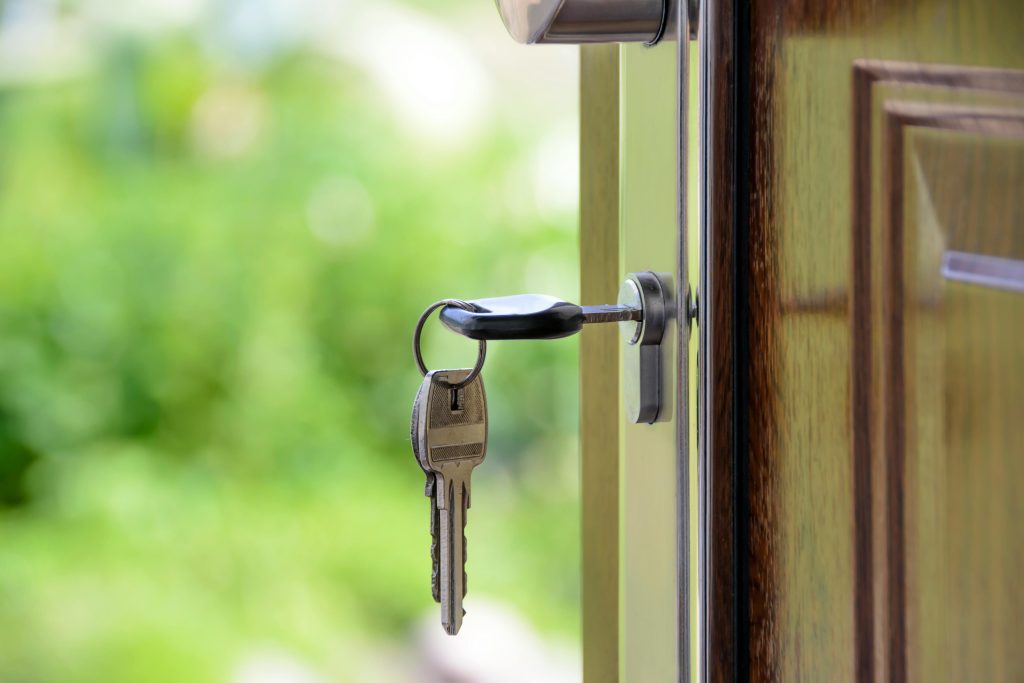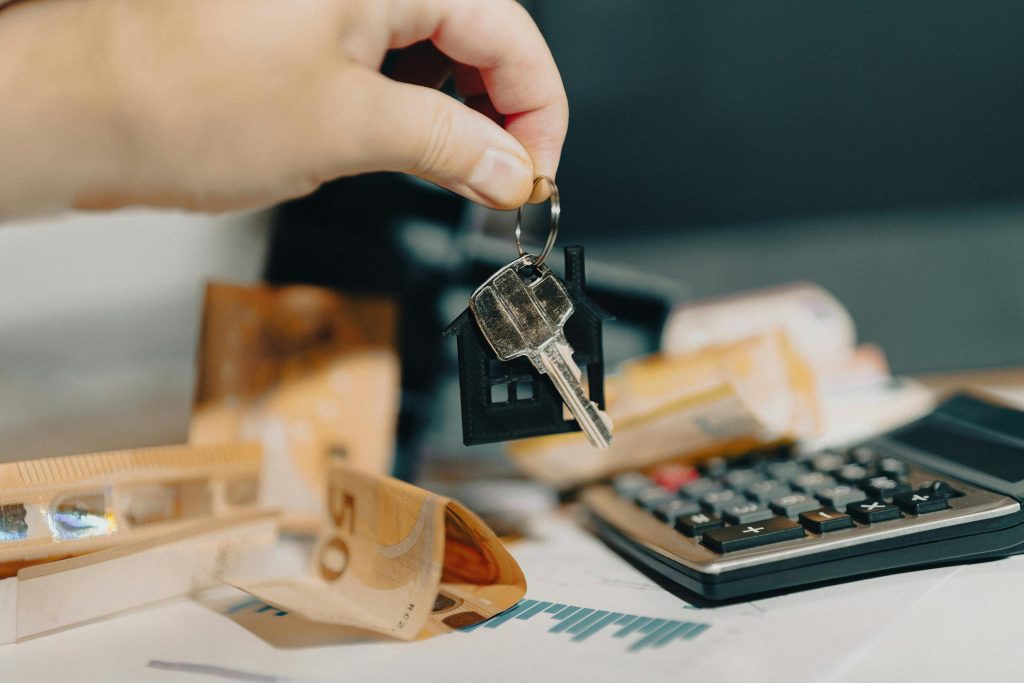Wayleave agreements are essentially the legal green lights that let utility companies gain access to your land to install or maintain vital infrastructure like power lines and broadband cables. In this guide, we break down the ‘how-to’ of checking for a wayleave on any property and the implications it may have on selling your home.
What is a wayleave?
A wayleave is a legal agreement between a landowner and a third party, usually a utility or telecommunications company. This agreement gives the third party access to the land to install, maintain or operate equipment or cables. In the UK, wayleaves are commonly used for electrical cables, broadband infrastructure and gas or water pipelines.
Why is it important to check for a wayleave?
From influence on a property’s worth to future projects by the utility or telecommunications company, it’s worth knowing if there’s a wayleave on your home for several reasons.
Influence on property worth
A wayleave agreement can directly impact your property’s market value. Potential buyers may be put off by the notion that utility companies will require periodic access to the land or property, viewing it as an inconvenience or intrusion.
Legal ramifications
Non-compliance with the terms of a wayleave agreement can lead to legal complications. For instance, if you obstruct the utility company’s access for essential maintenance or upgrades, you could face legal penalties or fines.
Implications for future projects
If you have aspirations to develop, extend or renovate the property, an existing wayleave could impose limitations on your plans. The agreement may specify certain areas where you can’t build or make alterations, thereby affecting your property’s future potential.
Being aware of these factors can help both homeowners and anyone considering a property make more informed decisions.
How to find out if there’s a wayleave on your property
There’s more than one way to find out if a property has a wayleave on it, from getting in touch with the local authority to contacting utility companies. Let’s take a closer look.
Request a copy of the property deed
You can request a copy of the deed to check if a wayleave agreement exists on your property. Wayleave agreements must be disclosed to the Land Registry when applying for a change in registration, and copies can be obtained through a Deeds Search.
Contact utility companies
Utility companies may hold wayleave agreements, especially if there are visible signs of infrastructure like power lines or broadband boxes on or near the property. Contact the relevant utility companies to enquire about any existing wayleave agreements, as they may be able to help.
Use the Land Registry
The UK Land Registry holds a wealth of information about land and property, including wayleave agreements. You can access this information by searching for the property in question and looking for any associated documents that mention wayleaves.
Consult a legal advisor
If you’re still unsure or if the property has complex wayleave agreements, it may be beneficial to consult a legal advisor experienced in property law. They can help you understand the implications of the agreement and what steps you may need to take.
Does a wayleave impact the ability to sell my home?
While a wayleave agreement sounds like property jargon, it can have far-reaching implications, especially when selling your home. Potential buyers may be put off buying a home where a utility or telecoms company has the right to access the land where the property lays.
This could, in turn, limit the amount of potential buyers. Then again, some other buyers won’t mind and will view the property just as they would any other home. That’s not to say you shouldn’t be upfront about a wayleave – telling potential buyers it exists on the property can mitigate potential sales falling through further down the line, like during the property searches stage of conveyancing.
Selling your home, wayleave or no wayleave
Selling your home can be a stressful process, especially if there are factors like wayleave agreements that could potentially deter buyers. With Property Rescue, you can sidestep these worries entirely. We guarantee to buy your property for cash, quickly and hassle-free – even if it has a wayleave.
We will offer you a no-obligation cash offer. If you are happy with the offer, we’ll buy your home quickly. This means you don’t have to fret about selling a home with a wayleave.








